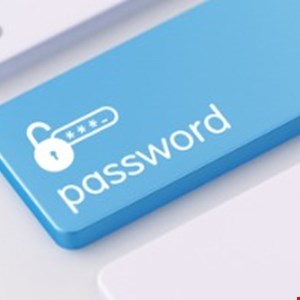

**The Disturbing Scope of Recent Data Breaches: 2 Billion Email Addresses and 1.3 Billion Passwords Exposed**
In a startling disclosure by cybersecurity analysts, an astonishing 2 billion email addresses and 1.3 billion passwords have been exposed in various data breaches. This concerning information was brought to light by Synthient, a security firm that aggregated stolen logins from the dark web into a detailed database, marking a crucial moment in the field of cybersecurity.
### The Magnitude of the Breach
Troy Hunt, a Microsoft regional director and the creator of the “Have I Been Pwned” website, verified that the magnitude of this breach is unparalleled. The data amassed is broader than anything previously managed by the site. Hunt pointed out that the figure of 2 billion email addresses is accurate; it comes from a meticulous tally of 1,957,476,021 unique email addresses, accompanied by 1.3 billion unique passwords, of which 625 million were previously unseen.
### Grasping Credential Stuffing
The exposed data largely comprises what are identified as credentials-stuffing lists. Cybercriminals frequently exploit these lists by utilizing the email addresses and passwords harvested from one breach to attempt logins to numerous other websites. This tactic is particularly potent as many users often reuse passwords across various platforms. Thus, the risk associated with a single compromised password can result in multiple accounts being hacked.
### Safeguarding Yourself: Recommended Actions
To find out if your login credentials have been compromised, you can leverage the “Pwned Passwords” search feature on the “Have I Been Pwned” website. This tool enables users to check their passwords locally in their browsers, guaranteeing that their passwords stay private and aren’t exposed to the site.
For those with technical expertise, an API is available for developers to conduct their own checks against the database. Moreover, users can register for alerts if their email addresses are identified in any upcoming breaches, offering an additional layer of protection.
### The Necessity of Unique Logins
Given this extensive data breach, it is essential for people to implement unique login credentials for every site they utilize. This approach significantly minimizes the chance of multiple accounts being compromised. It is recommended to begin with high-value accounts, such as those linked to banks, financial services, and major technology companies like Apple and Google, before addressing accounts of lesser significance.
### Final Thoughts
The disclosure of 2 billion compromised email addresses and 1.3 billion passwords acts as a stark reminder of the significance of cybersecurity. As data breaches grow more frequent, individuals must take proactive measures to safeguard their online identities. By using tools like “Have I Been Pwned” and ensuring unique logins across all platforms, users can enhance their defenses against the risks posed by cybercriminals.